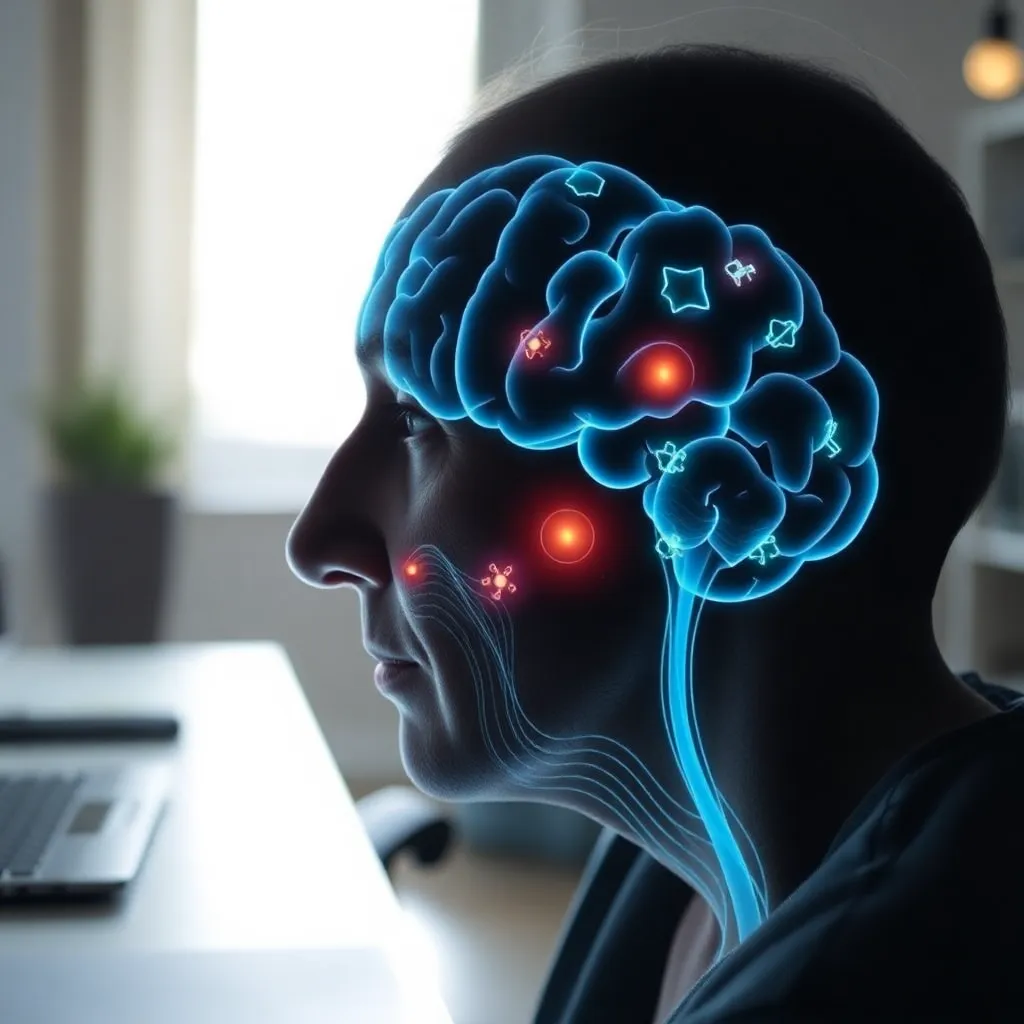
Researchers have developed a groundbreaking digital tool called Cognivue Clarity that can detect mild cognitive impairment (MCI) and Alzheimer’s disease (AD) with remarkable accuracy. The study, conducted as part of the Bio-Hermes project, found that Cognivue Clarity was able to differentiate between cognitively normal individuals, those with MCI, and those with probable AD, as well as between those with and without amyloid deposits in the brain – a hallmark of Alzheimer’s disease. This innovative technology could revolutionize the early detection of cognitive decline, allowing for timely intervention and improved patient outcomes. Alzheimer’s disease and mild cognitive impairment are major public health concerns, affecting millions of people worldwide.
Revolutionizing Alzheimer’s Detection
The early detection of Alzheimer’s disease and related dementias is a significant challenge in clinical practice. Many individuals are not diagnosed until the later stages of the disease, missing the critical window for intervention. The Bio-Hermes study aimed to address this issue by evaluating the performance of a digital cognitive assessment tool, Cognivue Clarity, in a large and diverse cohort of participants.
Cognivue Clarity is a computerized cognitive test that uses adaptive psychophysics to assess an individual’s perceptual and memory function. It takes just 10 minutes to complete and collects over 130,000 data points, providing a comprehensive evaluation of cognitive abilities. The device measures baseline motor skills, visual acuity, and various cognitive domains, including memory, executive function, and visuomotor skills.
Distinguishing Cognitive Impairment with Precision
The Bio-Hermes study enrolled 887 participants who underwent both Cognivue Clarity testing and amyloid PET scans, the gold standard for detecting brain amyloid deposits – a hallmark of Alzheimer’s disease. The researchers found that Cognivue Clarity was able to:
– Differentiate between cognitively normal individuals, those with MCI, and those with probable AD: The test accurately distinguished between the three clinical diagnostic groups, with large effect sizes.
– Detect the presence of amyloid: Cognivue Clarity scores were able to differentiate between individuals with and without amyloid deposits, as confirmed by PET scans.
– Distinguish between biomarker-confirmed groups: The tool was able to differentiate between “True Controls” (cognitively normal/amyloid-negative), MCI due to AD, and AD dementia.
These findings suggest that Cognivue Clarity could be a valuable tool for the early detection of cognitive impairment and Alzheimer’s disease, with the potential to improve patient care and facilitate clinical trial enrollment.
Addressing Diversity and Accessibility
The Bio-Hermes study also highlighted the importance of addressing diversity and accessibility in cognitive assessment. The researchers found that Cognivue Clarity performed well across different sociodemographic groups, including various ethnoracial backgrounds, education levels, and age groups.
This is particularly significant, as many traditional cognitive tests can be biased towards certain populations, leading to misdiagnosis or underdiagnosis of cognitive impairment. By developing tools that are sensitive to diverse populations, researchers and clinicians can ensure equitable access to early detection and intervention for Alzheimer’s disease and related dementias.
Paving the Way for Early Intervention
The successful performance of Cognivue Clarity in the Bio-Hermes study is a promising step towards improving the early detection of cognitive decline and Alzheimer’s disease. By providing a sensitive, accessible, and efficient cognitive assessment tool, clinicians can identify individuals at risk for MCI and AD earlier, enabling timely intervention and potentially delaying the progression of the disease.
As new disease-modifying treatments for Alzheimer’s disease become available, the ability to detect the condition in its early stages becomes increasingly crucial. Cognivue Clarity’s ability to differentiate between various cognitive states and biomarker-confirmed groups suggests it could be a valuable addition to the diagnostic toolbox, helping to identify eligible patients for clinical trials and current treatment protocols.
Overall, the findings from the Bio-Hermes study highlight the potential of digital cognitive assessments to transform the way we approach the early detection and management of Alzheimer’s disease and related dementias, ultimately improving patient outcomes and quality of life.
Author credit: This article is based on research by James E. Galvin, Michael J. Kleiman, Paul W. Estes, Heather M. Harris, Ernest Fung.
For More Related Articles Click Here
